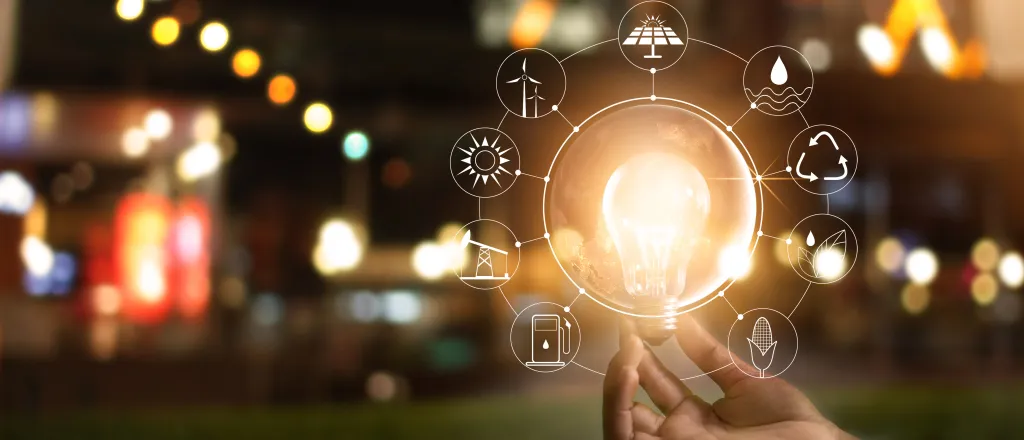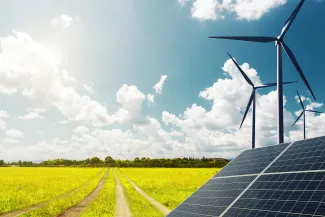
Landmark microgrid legislation boon for rural Oregon
© iStock
Click play to listen to this article.
Oregon Governor Tina Kotek has signed into law the first set of statewide policies in the country supporting community-owned microgrids.
Microgrids are local, self-contained energy systems that use renewable energy sources, such as wind or solar power.
Dylan Kruse - president of Sustainable Northwest, a nonprofit involved in drafting the legislation - said microgrids can help mitigate the uptick in power outages caused by wildfires and extreme weather, especially in rural parts of the state.

"We're seeing an increased interest from small towns, from communities, from tribes," said Kruse, "saying 'look, if the lights go out, we need to have options so we can continue to provide emergency services, we can provide communications.'"
Microgrids can power critical facilities, such as hospitals or fire stations, operating either connected to the main grid or independently during emergencies.
Joshua Basofin - clean energy program director with Climate Solutions - said that while some microgrids are being developed in Oregon alongside utility companies, they are most valuable when communities reap the economic and resiliency benefits.
"When communities own those systems themselves," said Basofin, "they actually have the ability to control those microgrids as they need for their own purposes."
Oregon's new law requires the state Public Utility Commission to establish clear rules for the operation and ownership of community microgrids, which Kruse said he believes will expedite their construction.
He said while other states have considered moving in this direction, Oregon is the first to take this step.
"This legislation," said Kruse, "is the most ambitious, comprehensive legislation in the country of its kind."
















